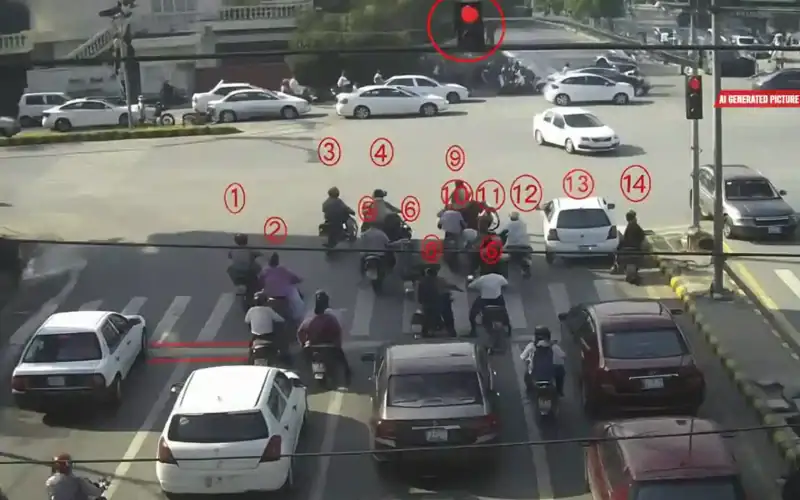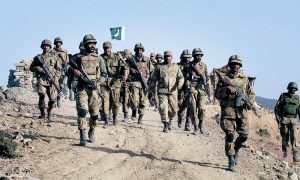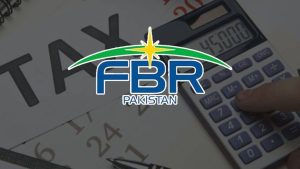KARACHI – Deputy Inspector General (DIG) Traffic Karachi, Pir Muhammad Shah, has announced that speed limits have been fixed on all major roads across the city.
Motorcycles and light vehicles will be allowed a maximum speed of 60 km/h, while heavy vehicles will be restricted to 30 km/h.
DIG Shah stated that a speed-monitoring system integrated with cameras is being installed to check violations.
The city is expected to implement a full Traffic Management System by next year, with the installation of 11,000 additional cameras beginning in January 2026 in phases.
He added that the introduction of e-challan enforcement has encouraged citizens to follow traffic laws, leading to a noticeable decline in road accidents.
According to Shah, nearly 40 percent of Karachi is now covered by the Traffic Regulation and Citation System (TRACS), which is linked to 1,717 cameras.
The system issues e-challans for violations such as over-speeding, wrong-way driving, not wearing helmets, not fastening seat belts, signal jumping, and other infractions.
TRACS is fully operational in District South and connected to major roads including Shahrah-e-Faisal, while several other districts—Malir, Korangi, East, Kemari, and Central—are also being brought under the system.
DIG Shah said that soon, industrial zones including SITE, Landhi, Korangi, and New Karachi will also be equipped with cameras, speed monitoring devices, and TRACS connectivity. Around 10,000 heavy vehicles are being fitted with trackers to ensure strict monitoring and safety.
He appealed to motorcyclists to wear helmets and to all drivers to ensure proper side mirrors, front and back lights, and adherence to speed limits, stressing that compliance can save many lives.
DIG Shah added that six-seater rickshaws have been directed to operate strictly under traffic rules or face confiscation. Action is also being planned against vehicles without number plates.
An awareness campaign on traffic rules and the TRACS system will run from November 8 for one month, aiming to educate the public on road safety and law compliance.
He emphasized that the e-challan system applies equally to all citizens, regardless of social status. Those who obey traffic rules will remain safe from e-challans.














